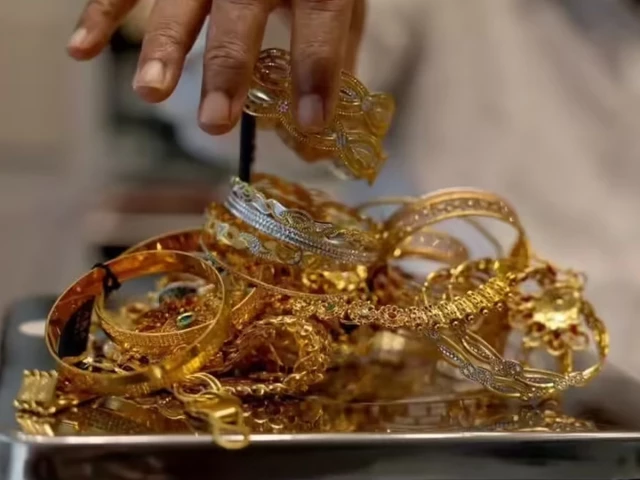The Importance of Canceling CNICs After a Death in Pakistan
Navigating life’s complexities can be tough, especially when it involves matters of legal identity. In Pakistan, obtaining a Computerized National Identity Card (CNIC) is a rite of passage, unlocking essential services like education, banking, and voting rights. But what happens when life takes its course, and a loved one passes away? Timely cancellation of their CNIC is crucial, and here’s why.
Many families across Pakistan overlook the importance of canceling the CNICs of deceased relatives. Some might be unaware of the process, while others hesitate due to perceived costs. Unfortunately, this oversight can lead to frustrating complications in legal matters, inheritance distribution, and pension claims.
Take the case of Bakht Bibi, a 45-year-old from Rawalpindi. After losing her husband, she was shocked to learn that cancelling his CNIC was necessary. “We never thought cancelling the ID card was necessary,” she confided. Thankfully, reforms from the National Database and Registration Authority (NADRA) have made this process straightforward and free of charge.
With the recent directives from the interior minister, NADRA now automatically updates family records when a death is logged in their Civil Registration Management System (CRMS). This means that, during a visit for other services, a simple biometric verification can trigger the CNIC cancellation, preventing the hassle many used to face.
Reforms have led to a roughly sixfold increase in CNIC cancellations post-death, with improvements in data accuracy noted by officials. Local residents are beginning to recognize this change. Bilal Ahmed from Rawalpindi expressed his appreciation: “Earlier, people avoided the process because of the cost, but now cancelling CNICs is hassle-free.”
Yet, while many celebrate these advancements, some voices call for further improvement. For instance, Sidra mentioned the need for automated property transfers upon CNIC cancellation, especially to ensure daughters receive their rightful share of inheritance.
For women like Bakht Bibi, the recent changes do more than streamline administrative processes; they restore dignity and honor to their families. With the cancellation of her husband’s CNIC, her family is recognized within NADRA’s family tree — a vital acknowledgment for those living in challenging circumstances.
So, if you’re handling similar situations in your family, remember that keeping your family’s CNIC records updated is not just a bureaucratic necessity; it’s about honoring their legacy. For more tips and guidance on legal and identity matters, you might find it beneficial to connect with resources and organizations like Pro21st, which strive to offer support when you need it most.





